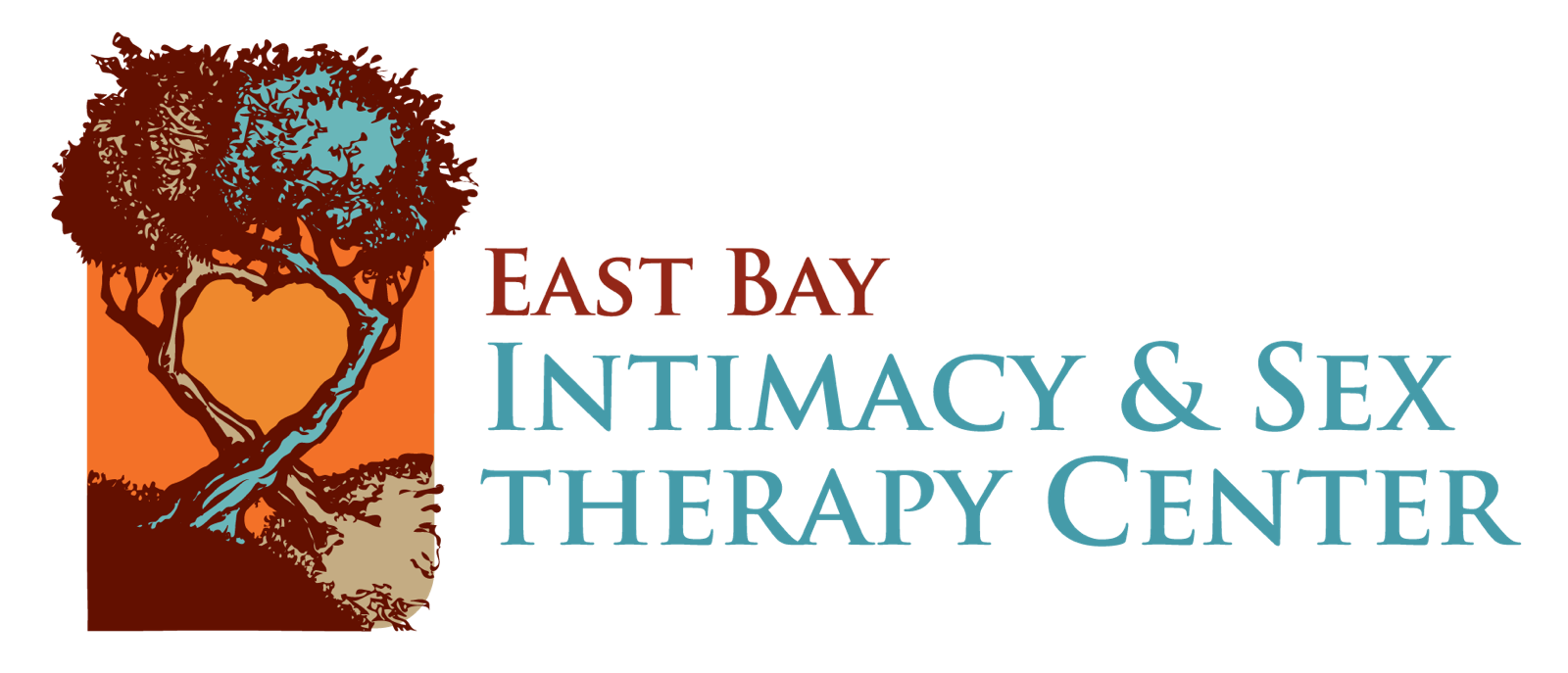WHAT IS A PSYCHOBIOLOGICAL APPROACH TO COUPLE THERAPY (PACT)?
East Bay Intimacy & Sex Therapy Center
At our Premiere San Francisco East Bay Couples Counseling & Sex Therapy Center, we utilize cutting-edge modern psychotherapy approaches to relationship counseling & sex therapy, rooted in neuroscience and attachment.
PACT is an integration of neuroscience, arousal regulation, and attachment theory.
PACT was developed by Dr. Stan Tatkin, PsyD, MFT, the founder of the PACT Training Institute and the PACT couple therapy modality. PACT utilizes exciting, cutting-edge research in three areas:
- The first is neuroscience, the study of the human brain. Understanding how the brain works provides a physiological basis for understanding how people act and react within relationships. In a nutshell, some areas of your brain are wired to reduce threat and danger and seek security, while others are geared to establish mutuality and loving connection.
- The second is attachment theory, which explains the biological need to bond with others. Experiences in early relationships create a blueprint that informs the sense of safety and security you bring to adult relationships. Insecurities that have been carried through life can wreak havoc for a couple if these issues are not resolved.
- The third area is the biology of human arousal—meaning the moment-to-moment ability to manage one’s energy, alertness, and readiness to engage.
It isn’t necessary to understand the scientific basis of PACT to realize its benefits. Your highly-trained East Bay couples therapist will use the PACT principles to guide you in overcoming challenges you face as a couple.
WHAT DOES A PACT SESSION LOOK LIKE?
Your experience during a PACT session may differ somewhat from what you would experience in other forms of couple therapy. Key features of this approach include:
- Your therapist will focus on moment-to-moment shifts in your face, body, and voice, and ask you to pay close attention to these as a couple.
- Your therapist will create experiences similar to those troubling your relationship and help you work through them in real time during the session.
- PACT tends to require fewer sessions than do other forms of couple therapy.
- PACT sessions often exceed the 50-min hour and may last as long as 3–6 hours. Longer times allow for the in-depth work of PACT.
- Your therapist may videotape sessions to provide immediate feedback to you.



